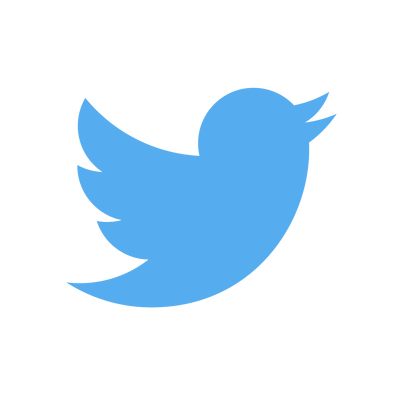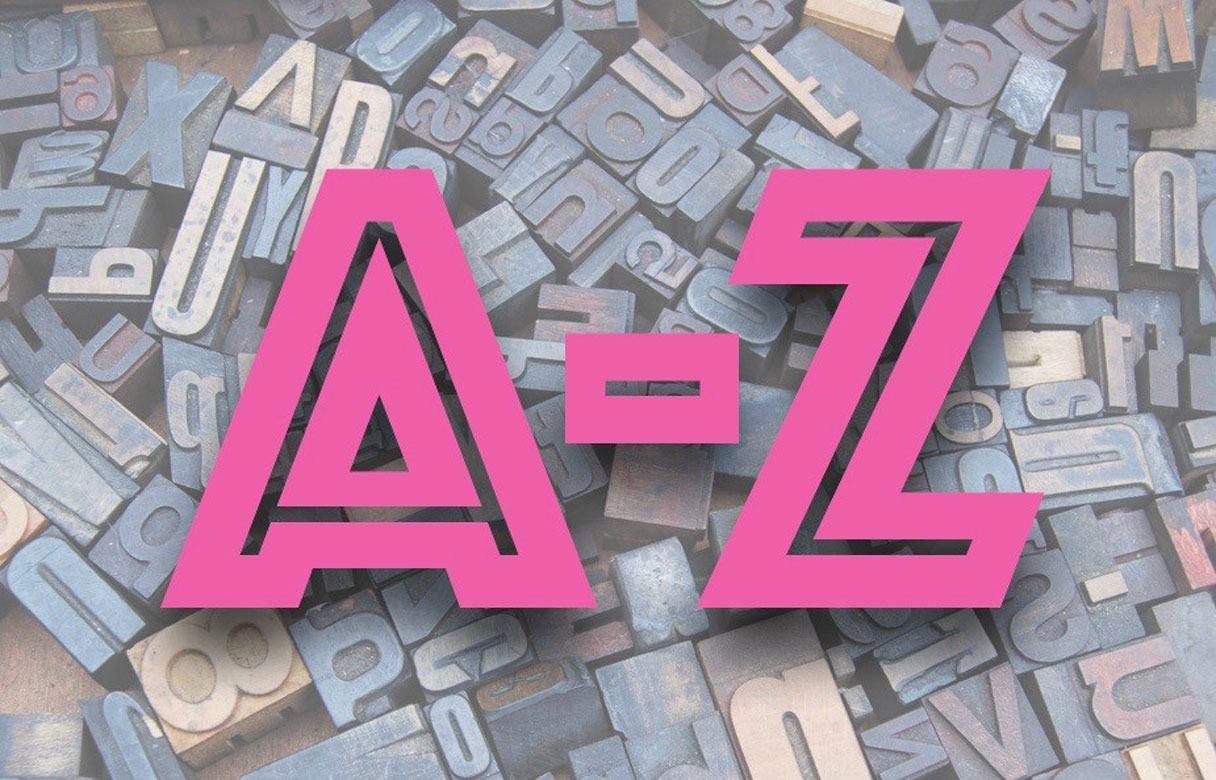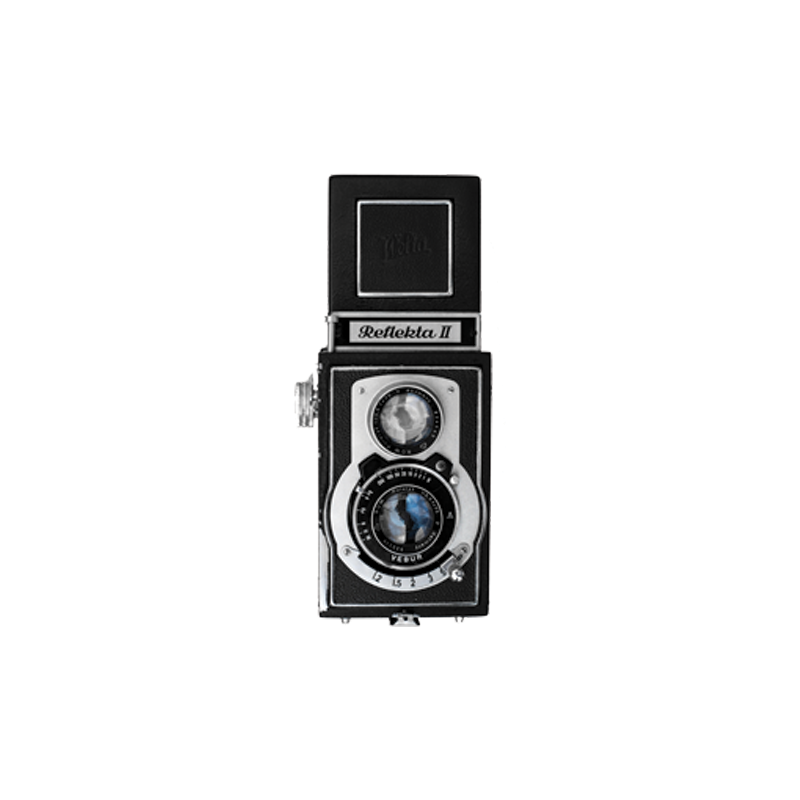THE NEWSROOM
From @InsideEdgeMedia
 In 13 long (and glorious) years of media training we’ve never told a single person they talk too slowly in interviews. Instead here are 5 reasons why people talk too quickly on air:
In 13 long (and glorious) years of media training we’ve never told a single person they talk too slowly in interviews. Instead here are 5 reasons why people talk too quickly on air:
1 – People speed up over the familiar. Phrases and sector specific terms you are used to using regularly will be rattled off at 100mph. It’s exactly the point in the narrative that you need to slow down.
2- People speed up when they’re nervous. Being in the right headspace for interviews is crucial and something we get into at length in our media training courses.
3 – People speed up when they are overly-energised. Conviction is important in interviews but not at the expense of a well-paced delivery.
4 -People speed up when they are trying to say too much. Trying to cram in those 5 crucial factors in one answer will inevitably cause you to rush.
5 – People speed up when other people are speeding up. If a fellow guest or a presenter pressed for time is talking quickly, don’t let their pace become yours.
From @InsideEdgeMedia
 Let’s talk about pre-interview briefings. A quick telephone chat with a producer in the lead-up to going on air is a good way to control the flow of information. If you get it right.
Let’s talk about pre-interview briefings. A quick telephone chat with a producer in the lead-up to going on air is a good way to control the flow of information. If you get it right.
Here are 5 tips:
1) Be proactive
Some producers will require off-air briefings, but many won’t. When the idea of an interview is first mooted, always request a short telephone briefing with the producer assigned the story
2) Be prepared
A bad off-air briefing will leave the producer more confused at the end of the call than they were at the beginning. Work out the direction you want the interview to go in before you pick up the phone
3) Don’t be too subtle
Preface your key content with phrases like “What’s new about this is…” or “the real game-changer here is…”
4) Ask questions
An off-air briefing is a chance for you to build a logistical picture about the interview. Questions might include: “Is the interview live or pre-recorded?” “Are other guests expected?”
5) Plug your social media
If you are going to tweet about your appearance on the programme, flag this up to the producer in the off-air briefing
“Media Training A-Z” – Z is for Zenith
 Hitting your peak in the interview itself is grounded in making the preparations that work for you. It is intensely individual. Some will improve through rehearsing responses to questions fired at them, for others that augurs sounding over prepared and stilted. What just about everyone can benefit from, is talking about something that energises or drives them about their topic just before the interview starts. It warms you up before you turn to that laptop lens, even if only that wall in the spare room is listening. Presenters and audiences alike warm to spikes of colour, of compelling detail, and you’ll more likely to deliver that colour if those words have just been articulated.
Hitting your peak in the interview itself is grounded in making the preparations that work for you. It is intensely individual. Some will improve through rehearsing responses to questions fired at them, for others that augurs sounding over prepared and stilted. What just about everyone can benefit from, is talking about something that energises or drives them about their topic just before the interview starts. It warms you up before you turn to that laptop lens, even if only that wall in the spare room is listening. Presenters and audiences alike warm to spikes of colour, of compelling detail, and you’ll more likely to deliver that colour if those words have just been articulated.
From @InsideEdgeMedia

Jotted down 5 thoughts on working with radio and TV news presenters.
1) They have egos
However this doesn’t mean you should fawn over them, refer to them repeatedly by their first name in interviews, or preface every answer with ‘that’s a good question’. None of this washes
2) They are busy
Presenting is a tough gig and involves some pretty furious multi-tasking. A presenter’s last priority is to put you at your ease. Expect to be ignored in the lead-up to going on air
3) They can be mischievous
Keep your guard up right until the last breath of an interview. A final and seemingly casual throw away personal question or off topic curve-ball can be laced with danger for interviewees
4) They respect content
The best way to get a presenter on side? Be compelling. Be relevant. Be newsworthy. Involve the audience. Bring your subject to life
5) They’re not bad people
Actually some of them are. But the vast majority are thoroughly decent people who are very well paid to do a very difficult job. Also, some have 3:30 am daily alarm calls. At the very least, they deserve our sympathy for that…
GET IN TOUCH
LET’S DISCUSS YOUR REQUIREMENTS


